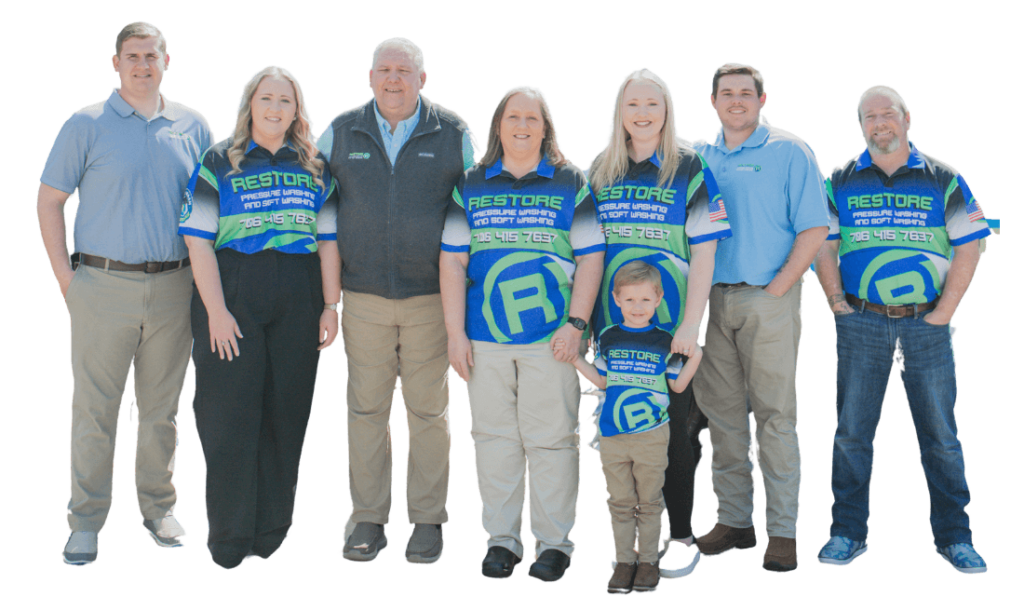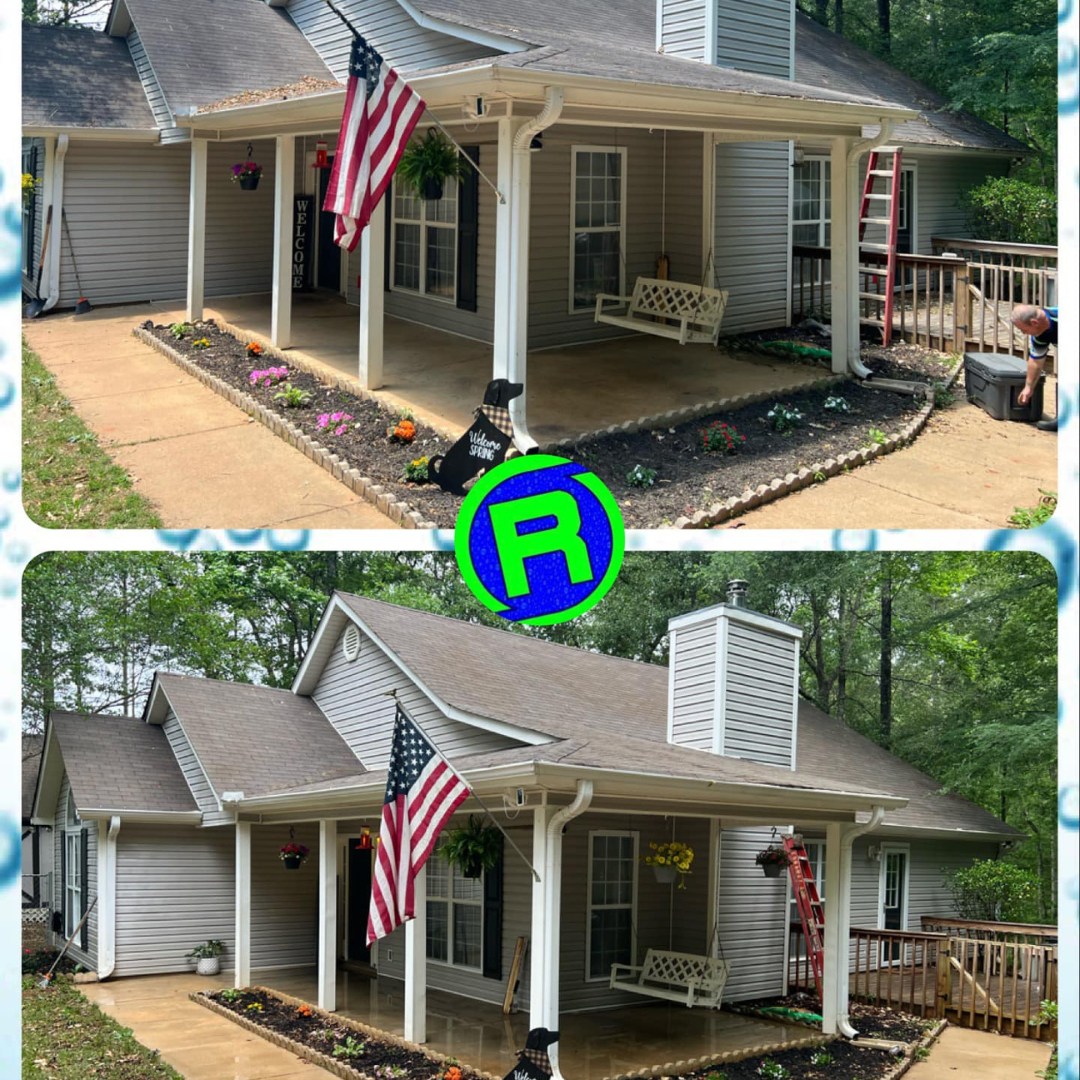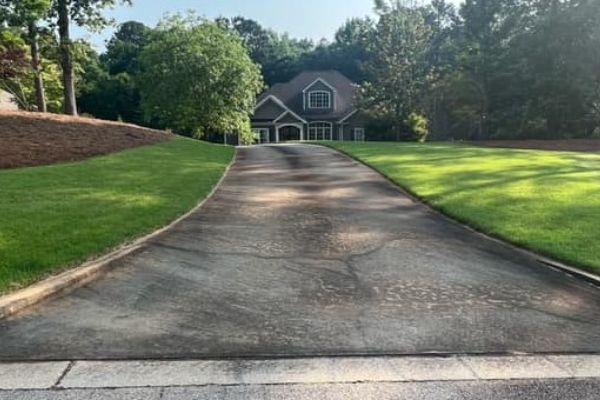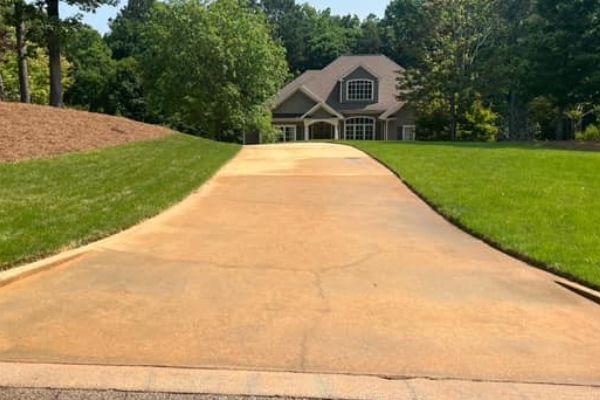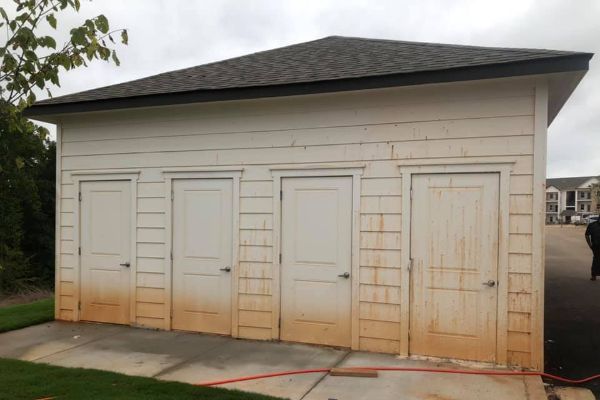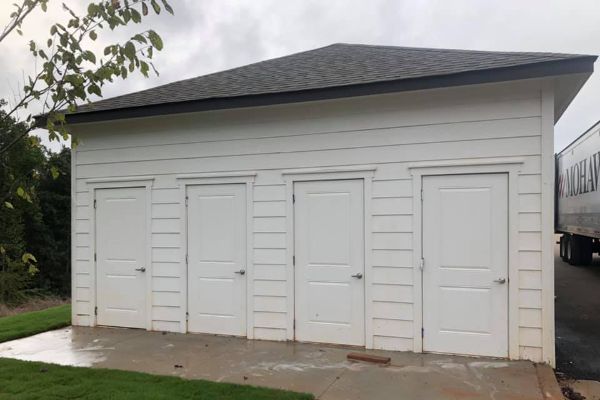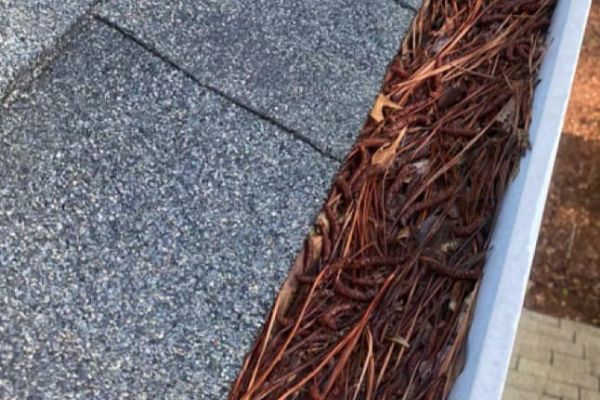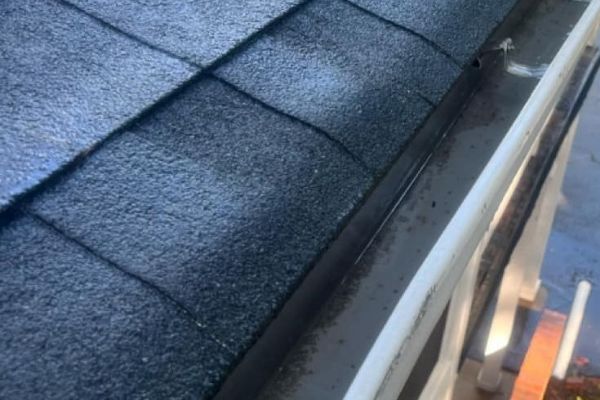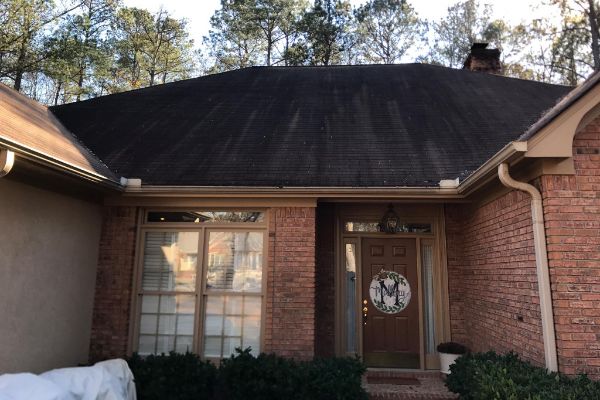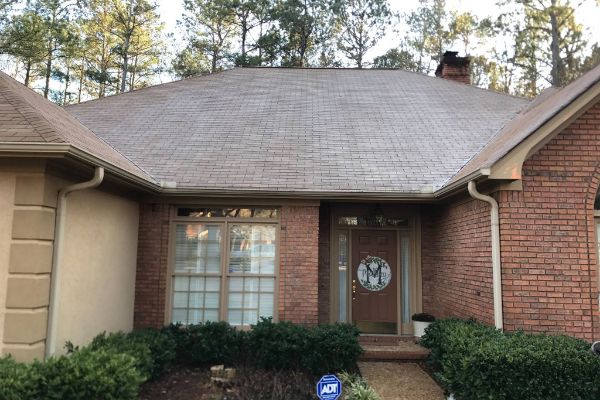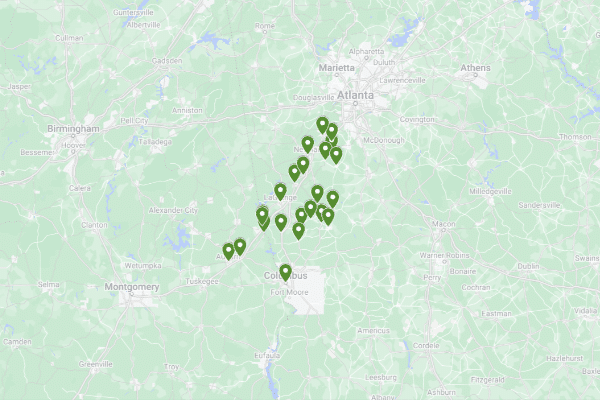This incredible technique employs pressurized water, often combined with eco-friendly detergents, to blast away years of built-up dirt and debris from surfaces such as sidewalks, driveways, fences, decks, walls, and even vehicles. The sheer force of the water jet, directed by skilled professionals, can make old surfaces look brand new again, restoring their original luster and improving their longevity.
Pressure washing is not just about aesthetics; it also plays a vital role in preserving the structural integrity of your property. By regularly removing contaminants like algae, mildew, and grime, you can prevent potential damages caused by moisture retention and decay. Moreover, pressure washing helps maintain a healthy environment by eliminating allergens and bacteria that may thrive in neglected areas.
Whether you have a residential, commercial, or industrial property, pressure washing offers a wide range of benefits, from enhancing curb appeal and increasing property value to promoting a clean and welcoming atmosphere. It’s a cost-effective and eco-conscious method that yields impressive results, without the need for harsh chemicals or excessive water usage.
1. Choosing the Right Pressure Washer:
Selecting the right pressure washer is paramount to achieving satisfactory results. Consider the following factors before making a purchase:
a. Pressure Rating: The pressure rating determines the force at which water is ejected from the nozzle. For light household tasks, a pressure washer with 1,300 to 2,000 PSI (pounds per square inch) is sufficient. However, heavy-duty cleaning may require a higher PSI.
b. Flow Rate (GPM): The gallons per minute (GPM) value signifies the water volume delivered by the pressure washer. Higher GPM rates increase cleaning efficiency for larger areas.
c. Power Source: Pressure washers can be electric or gas-powered. Electric models are quieter, more suitable for indoor use, and require less maintenance. Gas-powered washers are more powerful and ideal for outdoor tasks but may produce more noise.
d. Portability: Consider the weight and size of the pressure washer, especially if you need to move it frequently.
e. Durability and Build Quality: Invest in a pressure washer made of high-quality materials to ensure longevity and withstand frequent use.
2. Pressure Washer Accessories:
Enhance the performance and versatility of your pressure washer with the right accessories:
a. Nozzles: Different nozzle tips provide varying spray patterns, such as pinpoint spray, fan spray, and detergent application. Use the appropriate nozzle for specific cleaning tasks to avoid damaging surfaces.
b. Brushes: Attachable brushes are useful for removing stubborn dirt, grime, and algae from surfaces like decks, patios, and vehicles.
c. Attachments: Extensions and surface cleaners help cover larger areas efficiently, reducing cleaning time and effort.
3. Maintenance and Troubleshooting:
Regular maintenance is crucial to extend the life of your pressure washer and keep it running smoothly:
a. Cleaning the Filter: Check and clean the water inlet filter regularly to prevent clogging and ensure consistent water flow.
b. Inspecting Hoses and Connections: Regularly examine hoses and connections for leaks or damage. Replace any faulty components promptly.
c. Pump Maintenance: Follow the manufacturer’s guidelines for pump maintenance, including oil changes and lubrication.
d. Proper Storage: Store the pressure washer in a dry and protected area when not in use to prevent damage from weather elements.
e. Troubleshooting: Familiarize yourself with common issues and their solutions, such as low pressure, erratic spray patterns, or pump problems.
4. Winterizing Your Pressure Washer:
Cold weather can damage pressure washers if not properly prepared for storage:
a. Flushing the System: Before winter, flush the pressure washer with an antifreeze solution to prevent freezing and potential damage.
b. Storing Indoors: If possible, store the pressure washer indoors during winter to protect it from extreme temperatures.
c. Removing Water: Drain all water from the pump, hoses, and nozzles to prevent freezing and cracking.
Blog FAQs about Pressure Washing
Welcome to our comprehensive FAQs guide on pressure washing! Here, we aim to answer all your questions about this effective cleaning method that can revitalize your property and make it look brand new. Whether you’re a homeowner, business owner, or simply someone curious about pressure washing, we’ve got you covered.
1. What is pressure washing?
Pressure washing, also known as power washing, is a cleaning technique that uses high-pressure water spray to remove dirt, grime, mold, mildew, and other stubborn stains from surfaces like buildings, driveways, decks, fences, and more. It’s an efficient and eco-friendly way to restore the appearance of various surfaces without the need for harsh chemicals.
2. Can pressure washing damage surfaces?
When done by professionals, pressure washing is generally safe for most surfaces. However, using the wrong pressure settings or holding the nozzle too close to the surface can cause damage. That’s why it’s essential to hire experienced technicians who understand the appropriate pressure levels for different materials.
3. How often should I have my property pressure washed?
The frequency of pressure washing depends on several factors, including your location, weather conditions, and the type of surface being cleaned. As a general rule, most properties benefit from pressure washing at least once a year to maintain their appearance and prevent long-term damage.
4. Is pressure washing environmentally friendly?
Yes, pressure washing is considered environmentally friendly because it primarily relies on the force of water and does not involve harmful chemicals. Additionally, some companies use eco-friendly cleaning agents to further reduce the environmental impact.
5. Can I pressure wash my own property?
While it is possible to rent or purchase pressure washing equipment for DIY use, it’s essential to proceed with caution. In inexperienced hands, pressure washing machines can cause damage to surfaces and lead to injuries. Hiring a professional pressure washing company ensures a safe and effective cleaning process.
6. How long does pressure washing take?
The duration of a pressure washing project varies depending on the size of the area, the level of grime, and the type of surface. A small residential driveway might take an hour, while cleaning an entire commercial building could take several days. Professional pressure washing companies can provide a more accurate time estimate after assessing the scope of work.
Conclusion
If you’re looking to give your property a fresh and sparkling makeover, look no further than Restore Pressure Washing’s professional pressure washing services in Lagrange, Ga. Our team of skilled technicians is well-versed in handling various pressure washing projects, from residential driveways to large commercial properties.
With our top-of-the-line equipment and eco-friendly cleaning solutions, we can efficiently remove years of dirt, grime, and stains, restoring your property’s curb appeal and value. Don’t risk DIY disasters or settle for subpar results; let Restore Pressure Washing handle your pressure washing needs with precision and care.
Contact us today for a free estimate and experience the transformative power of pressure washing with Restore Pressure Washing in Lagrange, Ga. Trust us to bring out the best in your property, making it look as good as new!
For more information about Restore Pressure Washing or to get a free quote for pressure washing, house washing, roof cleaning and commercial pressure washing, visit our website restorepressurewashing.com or call us at 706-415-7637. We strive to be the best pressure washing company in LAGRANGE, GA . You can trust Restore Pressure Washing to always provide a guaranteed pressure washing company .





